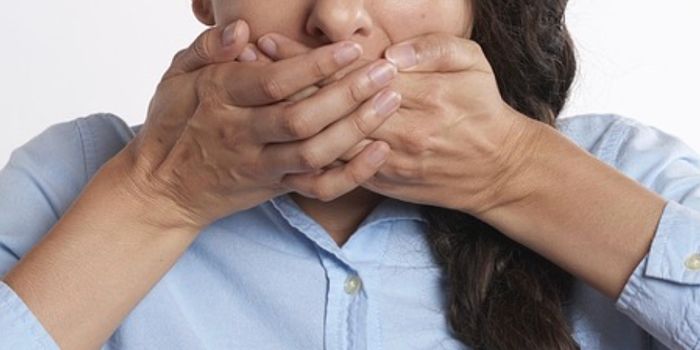Miscarriages May be Linked to Vaginal Microbes
Microbes can be found living nearly anywhere on earth, including inside the human body. The microbial communities living on and in various body parts, including the gut, skin, and vagina, can influence our health. Researchers have now found evidence that disruptions in the vaginal microbiome are linked to pregnancy loss. Reporting in BMC Medicine, scientists suggested that those disruptions can lead to inflammation, which has a negative impact on pregnancy that may cause a miscarriage.
This research has provided a "fresh perspective on the causes of miscarriage," said first study author Dr. Karen Grewal, of of the Imperial College of London.
While we don't yet have enough evidence to conclude that dysbiosis in the vaginal microbiome can cause a miscarriage, there are several ways that "inflammation could lead to pregnancy loss, such as certain vaginal bacterial organisms triggering upstream inflammation that causes a breakdown within the lining of the womb," Grewal noted.
Miscarriages are not unusual, and affect about one in five pregnancies. They can have a devastating impact on the lives of expectant parents. While chromosomal abnormalities are thought to cause about half of miscarriages, there's still more to learn about why they occur. Researchers want to understand other causes of miscarriages, which could help prevent them.
The vaginal microbiome is one possible cause, and if researchers can identify strains of microbes, what changes occur that are problematic, or other characteristics of the vaginal microbiome that are related to miscarriage, clinicians may be able to make beneficial changes for patients.
It's thought that there are many acid-generating strains of Lactobacilli bacteria in a healthy vaginal microbiome. These microbes can reduce the growth of bacterial strains that have the potential to be harmful. But if the microbiome is imbalanced or dysbiotic, pathogenic bacteria are more likely to proliferate.
In this study, the researchers assessed samples of vaginal bacteria and biomarkers of inflammation from 167 pregnant women, taken between March 2014 and February 2019. The volunteers were enrolled in the study after experiencing pain or bleeding during their first trimester, or if a miscarriage occurred. Ultimately, 74 of the individuals gave birth at term, while 93 individuals had a miscarriage. There were 54 miscarriages without chromosomal abnormalities in this cohort.
Because of the potential confounding influences on the research, anyone who took probiotics, antibiotics, or progesterone supplements was excluded from the study.
The researchers found that of the miscarriages with normal chromosomes, levels of 'good' Lactobacilli bacteria in the vaginal microbiome were low compared to women with chromosomally abnormal miscarriages. The researchers also found high levels of inflammation in patients with chromosomally normal miscarriages. Many of these patients did not carry Lactobacilli, and instead had bacteria like Prevotella and Streptococcus.
Some women with low Lactobacilli levels who gave birth at term did not show signs of inflammation; their immune systems were not reacting to those low levels.
While additional research will be needed, this study has provided a potential path toward treatment for some miscarriages that are not due to chromosomal abnormalities.
The investigators are engineering a diagnostic test that can quickly assess the state of the vaginal microbiome, and potentially identify individuals who could benefit from interventions. However, an effective intervention is not yet available, and that will also have to be developed and tested.
Sources: Imperial College of London, BMC Medicine









